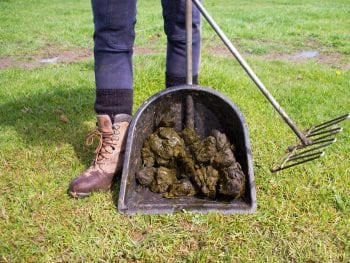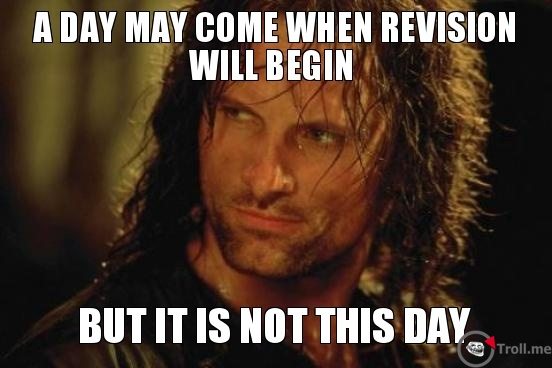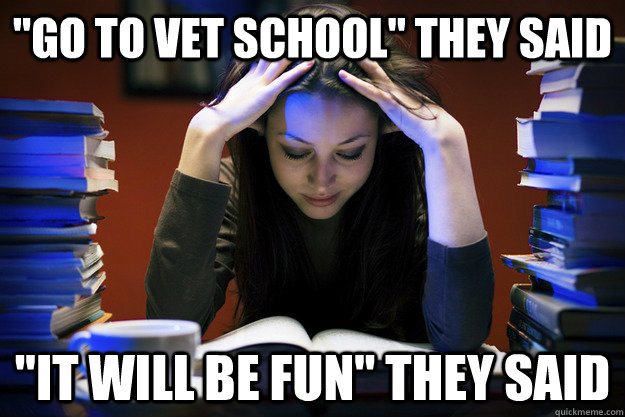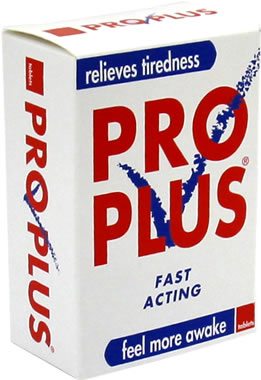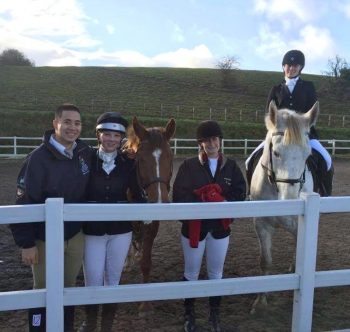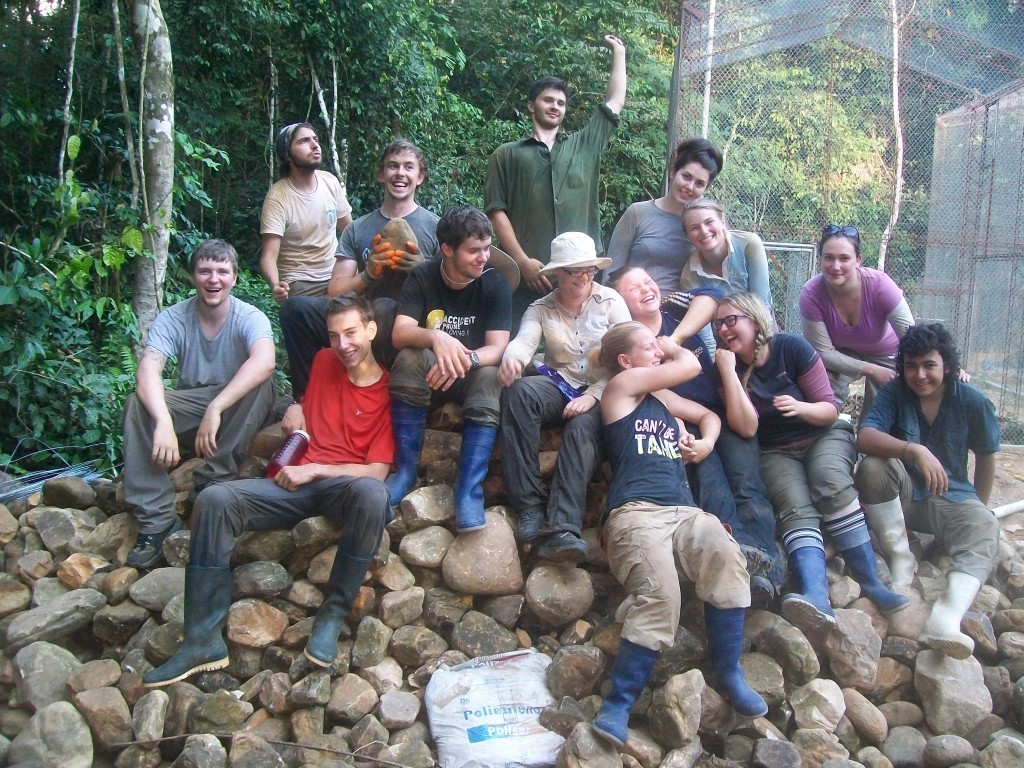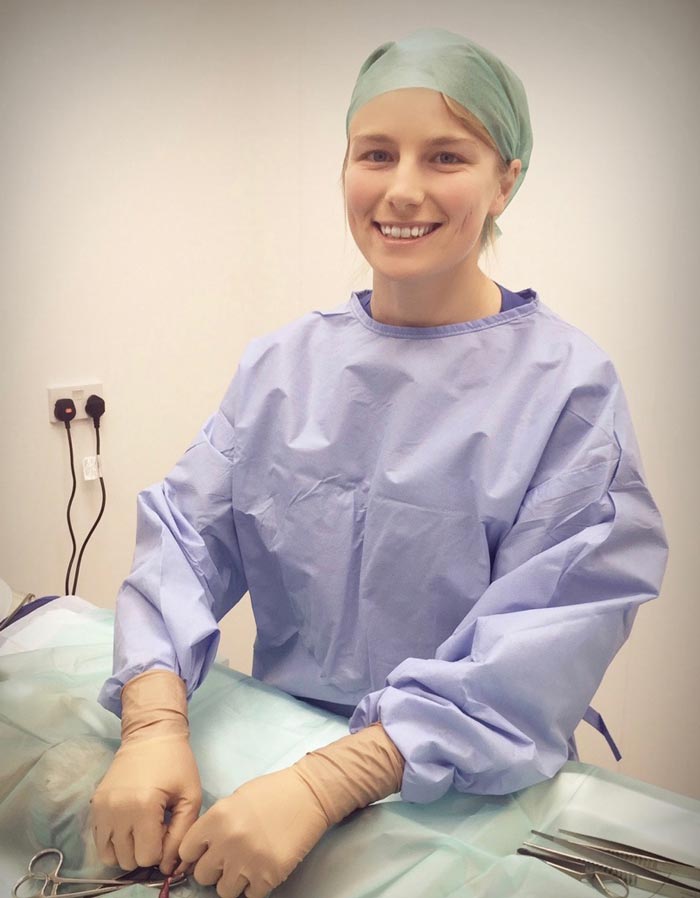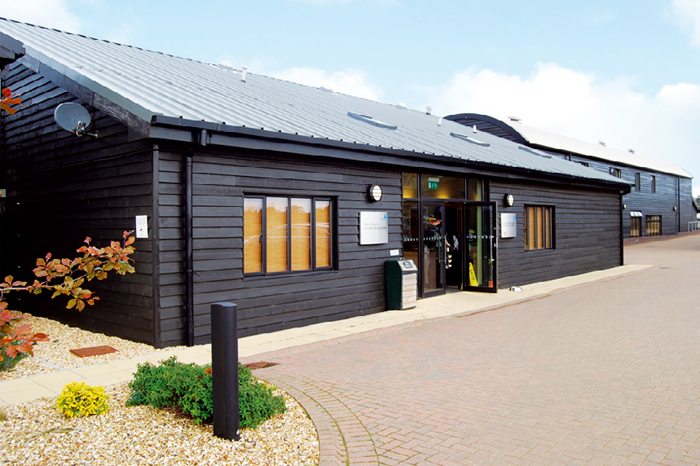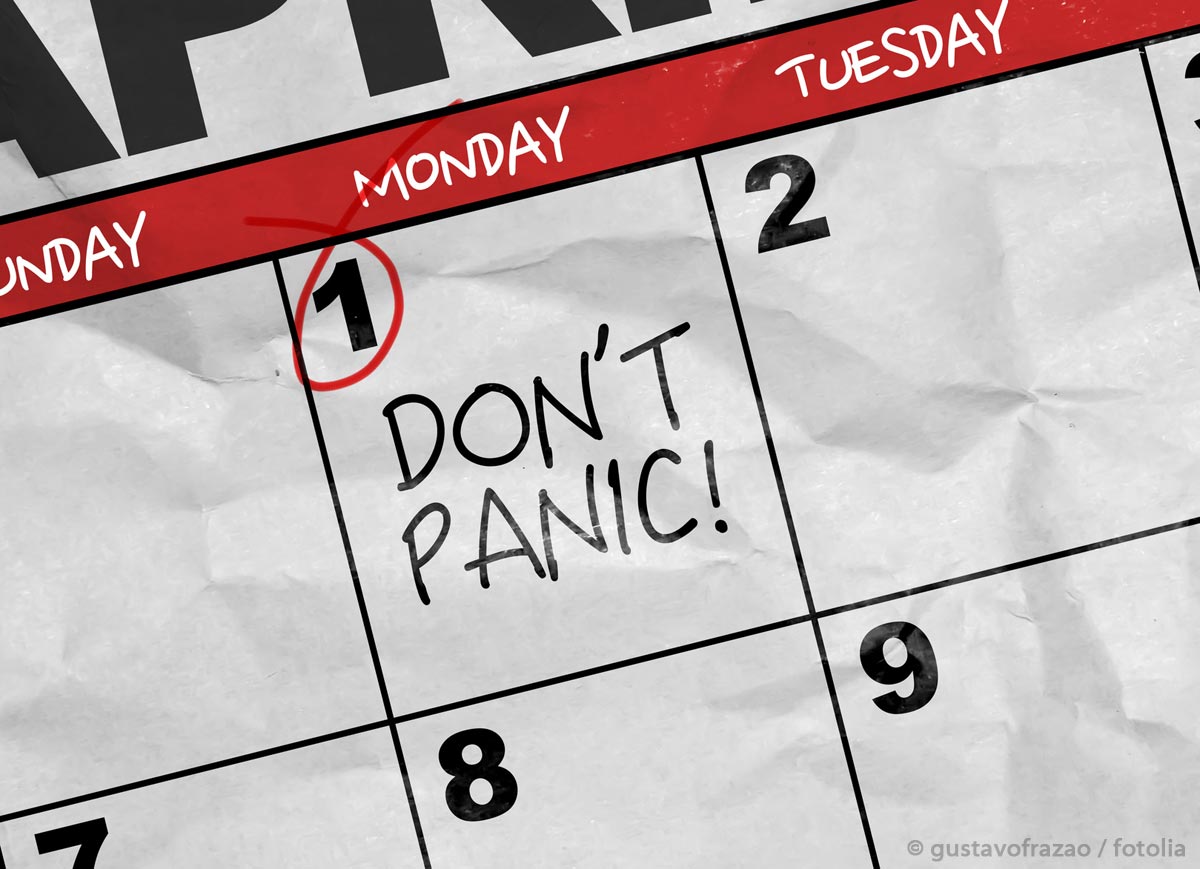The first few weeks of university life can be a little scary, and it’s understandable you might just want to hang back to try and digest it all.
Trying to be outgoing, charming and outlandishly sociable when you’ve just been thrust into a new city, a new environment, and left to fend for yourself can feel like a daunting task. But I really can’t encourage you enough to get out there as soon as possible…
Get to know as many people as possible in your first few days
By now, you’ve probably heard something along the lines of “the first person you sit next to in uni becomes your new best friend”, but try not to get so comfortable that you completely stop socialising after the first day.
While there is some truth to this rumour (I can personally relate), university is a massive new chance to meet people from all walks of life. You might find yourself immediately gravitating towards those who are familiar – maybe from the same region of the country – but it’s important to fight this instinct and expand your friend group to those with different ideas, concepts, etc.
Trust me, it will come in handy during those group revision sessions in the future.
Know you won’t always be top of the class
I’m sorry if reading this makes you upset or mildly infuriating, but that may mean you are the kind of person who needs to hear this the most. I’ve said it before and I’ll say it again, for those new to the game: you do not have to know everything; you will not be able to know everything; you will get things wrong – and every one of these things is okay.
What’s more, everyone in your whole year (indeed, your whole course) is just as fallible as you are. You are not competing against them any more, they are your allies, your sounding boards, your tutors and tutees.
Also, don’t expect 90-100% on your first test… or the second.. My point is you shouldn’t be upset with yourself when you’re not perfect, because nobody is – and that’s okay too.

Stay organised
If I could time travel, this is one of the main things I really wish I could tell myself. If you were perfectly organised for your A-levels, then that is excellent – but now forget everything you know.
Revision
Of course, you may be the exception that proves the rule, but for nine out of 10 people, the best revision methods you employed for your GCSEs and A-levels will not be the best method for your university examinations. In fact, it may take you a while to find out which method works best for you (flash cards, quizzes, etc).
Note-taking
Finding the fastest and most efficient way of taking notes is also paramount, ideally (though not essentially) before stepping into the classroom.
If you like taking hand-written notes and find you produce more in this way, then be sure to bring lots of pens and a bottle of electrolytes for that hand cramp. If you’re a little slow at writing or find you lose paper notes easily – *cough* guilty *cough* – then I would suggest using a laptop or some type of tablet – something light and portable that you’re comfortable with.
Once you’ve found which type of note-taking works for you, and what revision type works for you – stay organised.
Everything in order
If you find yourself having trouble understanding certain lectures, read ahead on these topics so you know which questions to ask the lecturer. Also, understand there are a number of different broad topics to veterinary medicine, and then try filing your notes in these groups – take my word for it, it makes everything so much easier when you take your end of year exams, which are often divided into units.
And, most importantly of all, have fun. Get the most out of it, grab it by the horns, carpe diem and all of that.
I hope you enjoy the next big chapter of your life.






